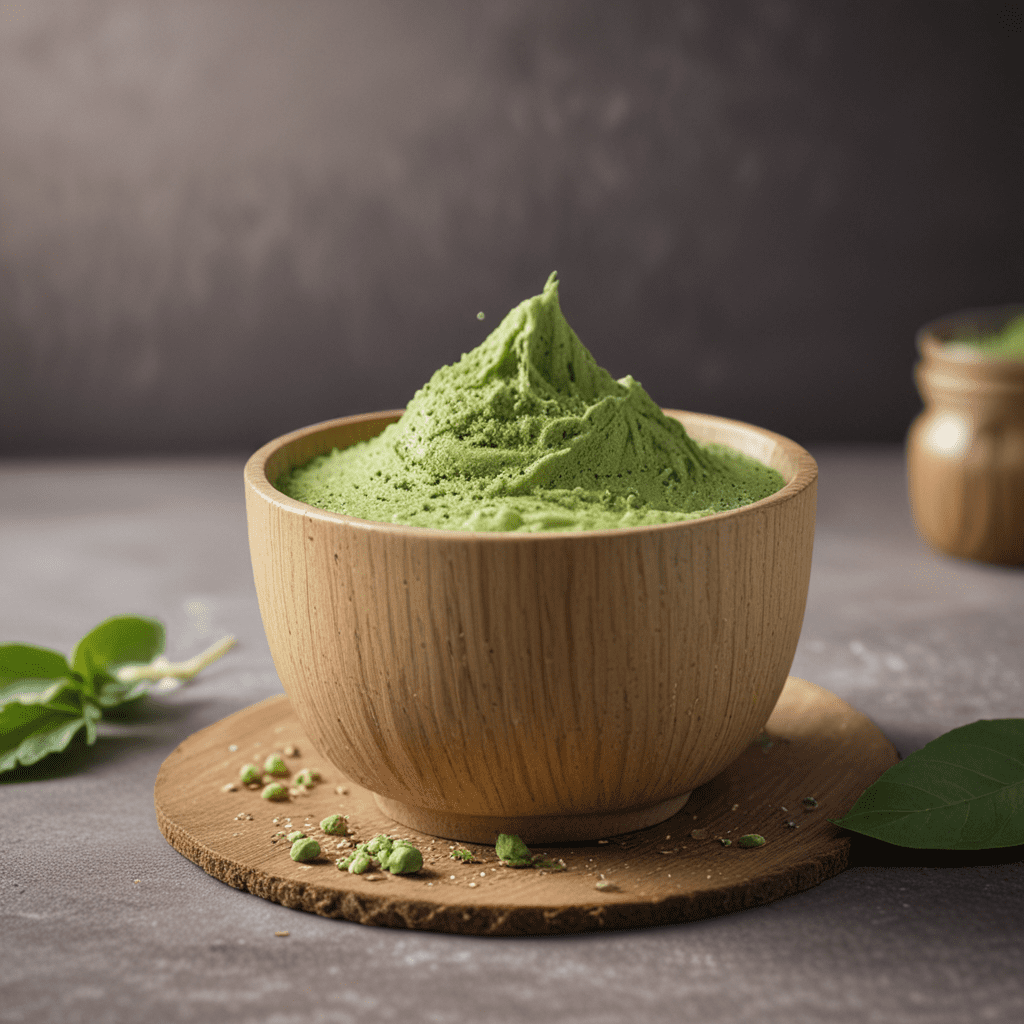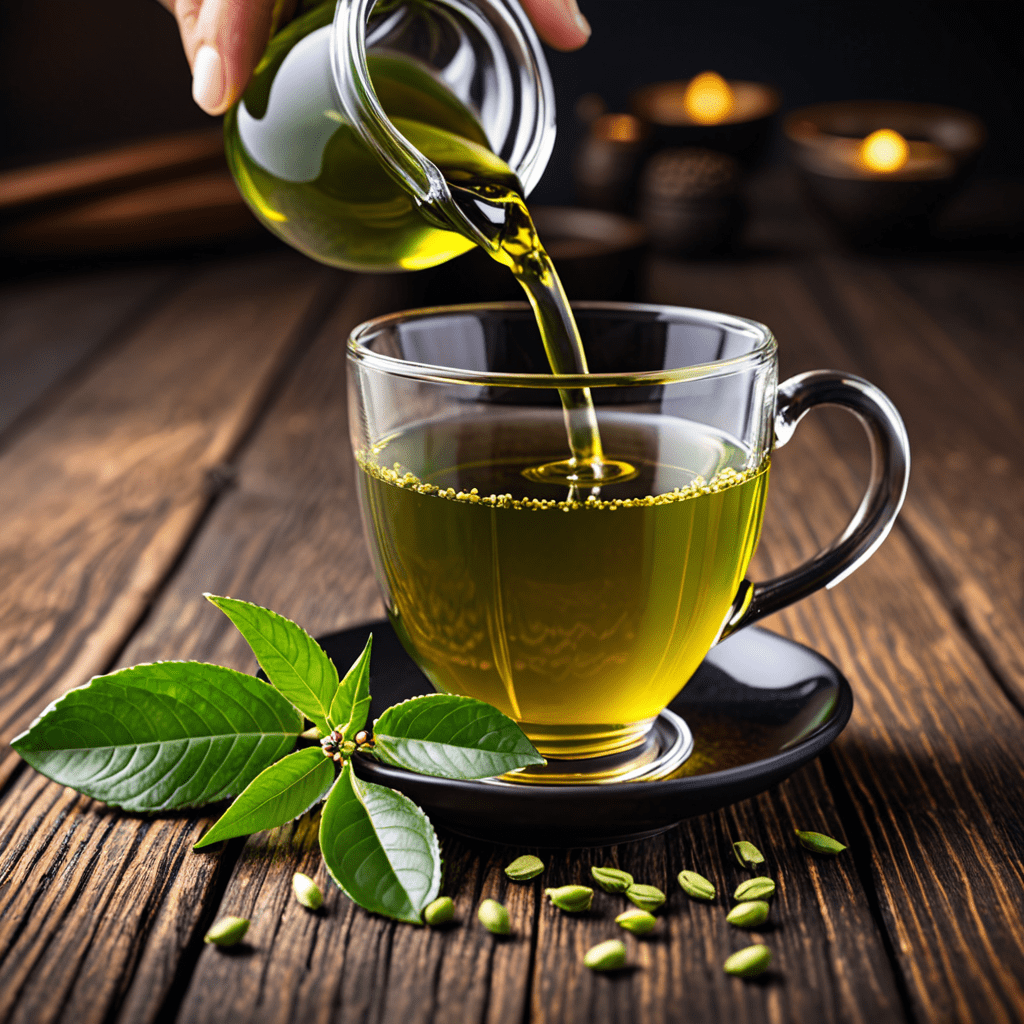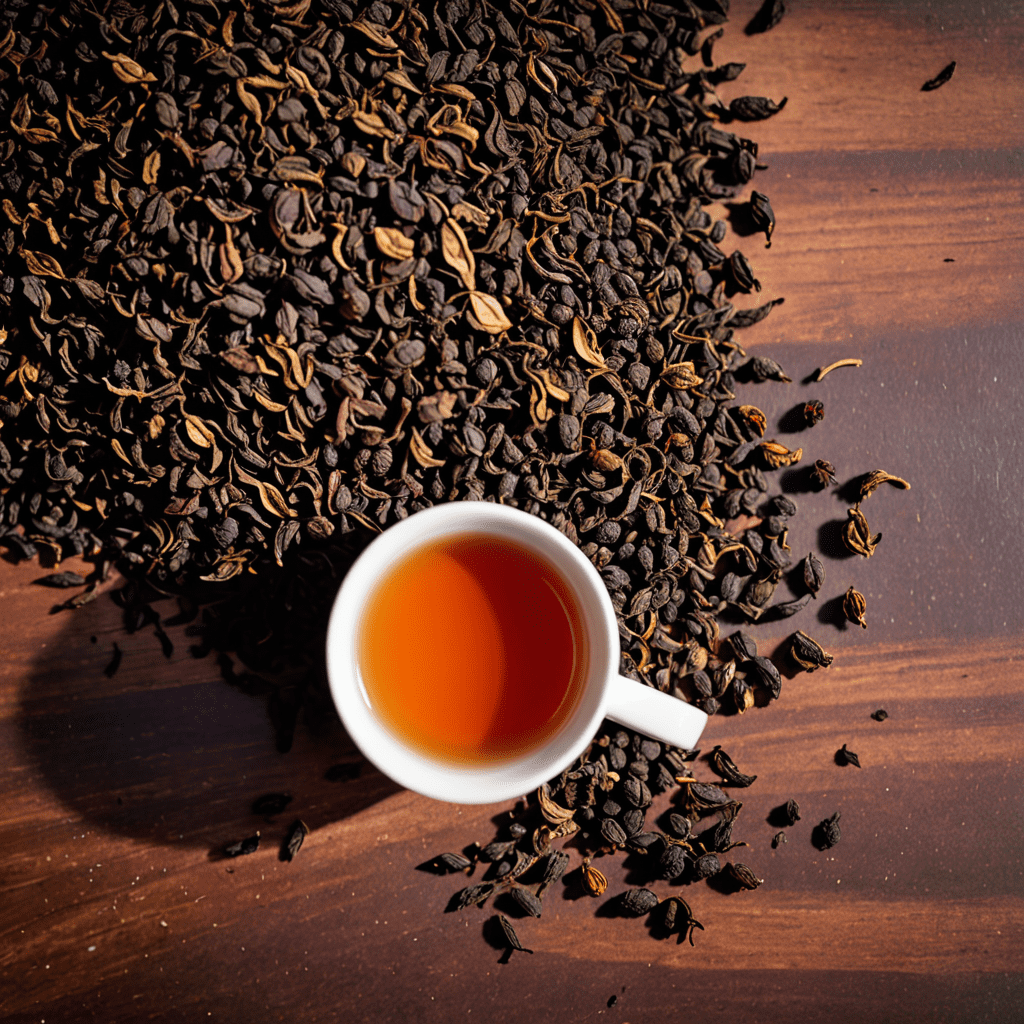
Matcha and Immune Support: Boosting Your Body's Defenses
I. What is Matcha?
Matcha is a unique type of Japanese green tea prepared from finely ground tea leaves. Unlike conventional teas, where the leaves are steeped and discarded, matcha involves consuming the entire leaf, delivering an exceptionally concentrated source of nutrients and antioxidants. Its vibrant green hue and distinctive earthy flavor make it a popular choice among tea enthusiasts.
II. Matcha's Nutritional Profile
Matcha boasts an impressive nutritional profile. It is rich in antioxidants, vitamins, minerals, and amino acids. Key components include:
- Catechins: Potent antioxidants that guard against oxidative stress and support immune function.
- L-Theanine: An amino acid that promotes relaxation and reduces stress, which can be beneficial for immune health.
- Chlorophyll: The green pigment responsible for matcha's vibrant hue, which possesses anti-inflammatory properties and supports detoxification.
- Vitamins: Matcha contains vitamins A, C, and E, essential for maintaining a healthy immune system.
- Minerals: Matcha is a rich source of minerals such as potassium, calcium, and iron, which play crucial roles in various bodily functions, including immune regulation.
III. Matcha and Antioxidants
Matcha is renowned for its high antioxidant content. Antioxidants are compounds that protect cells from damage caused by free radicals, unstable molecules that can lead to oxidative stress and contribute to numerous health issues. Matcha's antioxidants, particularly catechins, neutralize free radicals, shielding the body from their harmful effects and supporting overall immune health.
IV. The Role of Antioxidants in Immune Function
Antioxidants play a pivotal role in immune function. They help protect immune cells from oxidative damage, ensuring their optimal function in fighting off pathogens. By neutralizing free radicals, antioxidants reduce inflammation and create a less favorable environment for invading microorganisms. This antioxidant support enhances the body's ability to resist infections and maintain immune balance.
V. Matcha and Catechins
Catechins are a group of antioxidants abundantly found in matcha. Epigallocatechin-3-gallate (EGCG) is the most prevalent and potent catechin in matcha, accounting for approximately 60% of its total catechin content. EGCG exerts powerful antioxidant effects, protecting cells from damage and supporting immune function.
VI. Catechins as Powerful Antioxidants
Catechins exhibit exceptionally strong antioxidant capabilities. Studies have shown that EGCG, the predominant catechin in matcha, possesses antioxidant activity up to 100 times more potent than vitamin C and 25 times more potent than vitamin E. This remarkable antioxidant power underscores matcha's potential as a potent protector against oxidative stress and a valuable immune system ally.
VII. Matcha and L-Theanine
L-theanine is a unique amino acid found in matcha. It promotes relaxation and reduces stress levels without causing drowsiness. Stress can suppress immune function, making L-theanine a valuable component for promoting immune health. By mitigating stress, L-theanine helps maintain a balanced immune system.
VIII. L-Theanine's Impact on Immune Response
L-theanine has been shown to have a positive impact on immune response. Studies suggest that it enhances the production of gamma-delta T cells, a type of immune cell responsible for recognizing and eliminating pathogens. By supporting the body's natural defense mechanisms, L-theanine contributes to overall immune system resilience.
IX. Combining Matcha with Other Immune-Boosting Ingredients
Matcha can be effectively combined with other immune-boosting ingredients to enhance its protective effects. Consider incorporating matcha into smoothies or lattes alongside ingredients like ginger, turmeric, or honey, which possess anti-inflammatory and antimicrobial properties. This synergistic approach can provide a comprehensive boost to immune function.
X. Tips for Incorporating Matcha into Your Diet for Optimal Immune Support
Incorporating matcha into your diet is a simple yet effective way to support your immune health. Here are some tips:
- Add matcha to smoothies: Blend matcha powder with fruits, vegetables, and yogurt for a nutrient-rich and refreshing immune-boosting smoothie.
- Brew matcha tea: Steep matcha powder in hot water for a warm and comforting beverage filled with antioxidants and immune-supporting compounds.
- Enhance lattes: Add matcha powder to your favorite latte for a green tea latte with a potent antioxidant kick.
- Bake with matcha: Use matcha powder in baking recipes, such as cookies or muffins, to add a unique flavor and immune-boosting properties to your treats.
- Use matcha as a seasoning: Sprinkle matcha powder over oatmeal, yogurt, or salads for an antioxidant boost and a distinct earthy flavor.
FAQs
Q: Can matcha replace my regular green tea?
A: Yes, matcha can be used as a substitute for regular green tea. It provides a more concentrated source of nutrients and antioxidants.
Q: How much matcha should I consume daily?
A: A recommended daily intake of matcha is 1-2 servings (1-2 teaspoons per serving).
Q: Is matcha safe for pregnant or breastfeeding women?
A: It's best to consult a healthcare professional before consuming matcha during pregnancy or breastfeeding.
Q: Can I use matcha powder in cooking?
A: Yes, matcha powder can be incorporated into various recipes, such as smoothies, lattes, desserts, and marinades.
Q: Does matcha contain caffeine?
A: Yes, matcha contains caffeine. However, the caffeine content is less than that of coffee and more sustained, providing a gradual energy boost without the jitters.


